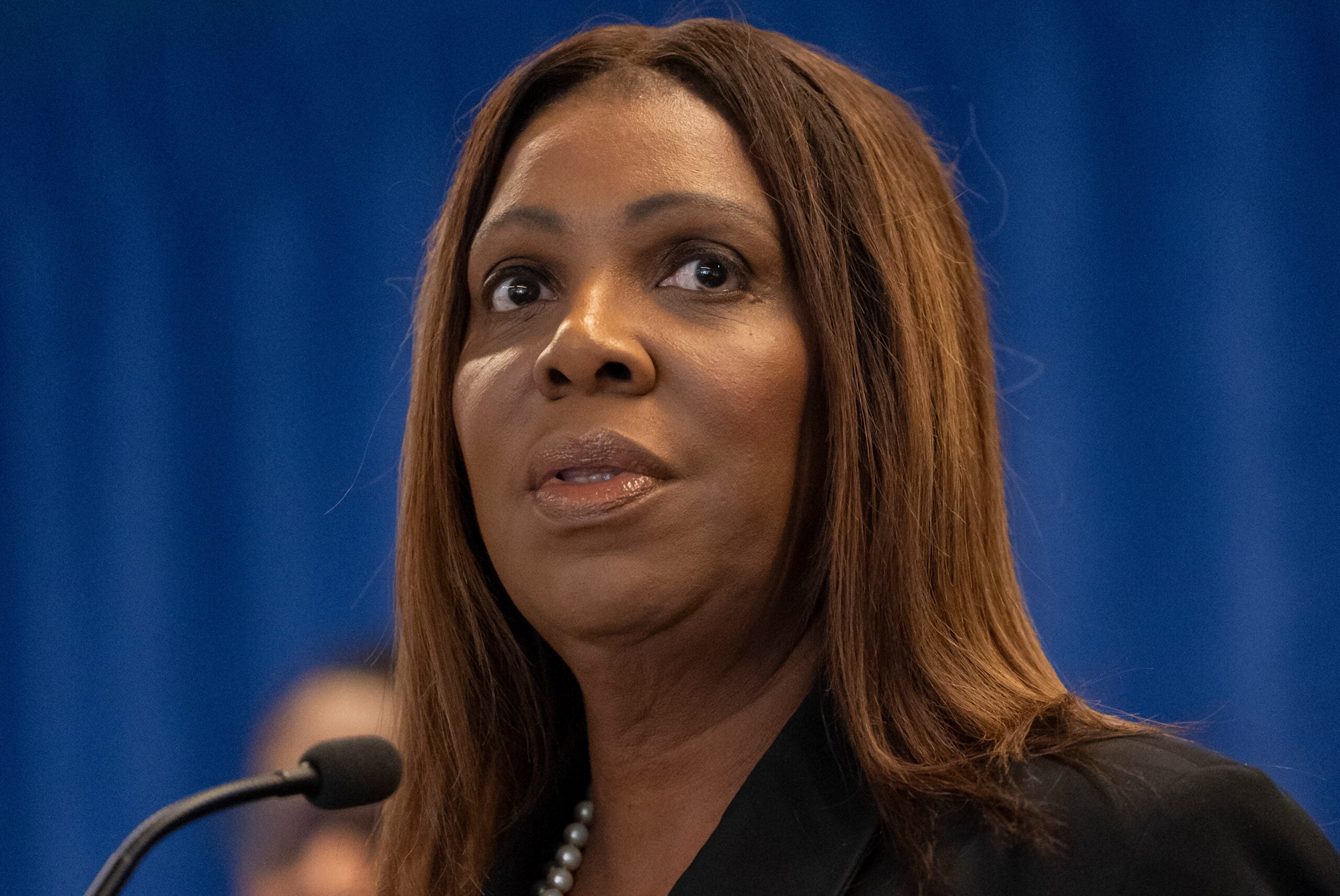
If you were on a beach vacation in Hawaii, where the only sound you heard was the waves gently lapping on the shoreline, what would you be thinking?
- I can’t wait to get in the water!
- I wonder if I’ll see a dolphin today?
- Why am I lying on this beach instead of doing something productive?
Most of us would like to believe the first two things would hold our focus while lounging on the sand. But, in truth, the third is probably what goes through a good majority of people’s minds, even when paradise is right in front of their faces.
Number three is what Israa Nasir, a New York–based psychotherapist and the founder of WellGuide, focused on as she was vacationing in Kauai with her partner. Instead of enjoying the gift of a well-deserved holiday, she found herself wracked with guilt for luxuriating when she could be “doing something.” What that “something” was, of course, was simply a construct she had created in her mind, but it was one that stemmed from her family and the messages she received in a culture steeped in the mindset that doing more means you are successful, powerful, a great leader or something else.
It took an epiphany on that beach (and some serious sandcastle building) for her to shift her toxic mindset and realize the things she was helping her clients with were things she herself needed to change. Her own inner work led her to write Toxic Productivity: Reclaim Your Time and Emotional Energy in a World That Always Demands More, which focuses on the challenges many of us encounter when it comes to finding balance between our personal and professional lives.
Why do we glamorize hustle culture?
Though there’s no definitive moment in U.S. history that got us here, Nasir sees the ’80s as a decade when the perception toward regular work changed. “If you look back to [the movie] Working Girl, and you look at the movies and the shows [of the time], it’s very glamorized,” she says. “And I can understand why. From a woman’s perspective, at that time, being somebody who was out and about working and very busy, that felt very glamorous because you’re pushing against what was happening in the ’50s, ’60s and ’70s. But, over time, I think it just became super infused in our culture.”
She points to her own upbringing as a millennial who grew up in the “girl boss” era, where people admired women who worked all the time and had phones and laptops, signifying the allure of hustle culture. This type of depiction, she says, is detrimental for a multitude of reasons and, if not addressed by workplace culture, will lead to a host of long-term issues.
“If we internalize thinking, ‘I have to be on all the time—I need to have my BlackBerry,’ and that becomes a social symbol, your workplace is going to obviously lean into it,” she cautions. “If you want to work more, they’ll say, ‘Sure, work more.’ If you want to work on your holiday, they’ll say, ‘Yeah, absolutely, respond to emails.’ They’re never going to say no.”
But Nasir says working all the time without breaks actually makes us less productive—not to mention the burnout and sense of disillusionment and disconnection that follows.
“If you haven’t identified your emotional foundations or your habits, lifting yourself out of that state of burnout or disillusionment also becomes emotionally challenging because you start shaming yourself, you start feeling guilty, you don’t feel good enough. So, you start fighting yourself,” she says. “I think one of the biggest markers for me is when people are constantly at war with themselves. It’s because we’re not listening to something we need.”
But what do we need, exactly? Even if mental health is becoming more of a priority, some might say the damage is already done. And with the addictive power of social media, how can we empower ourselves to detach from this toxic mentality that is now part of our programming?
To start, Nasir says, we can reject hustle culture and turn toward self-care and compassion. If enough people start changing their habits, there’s hope the change will move upward.
“It’ll be like a bottom-up change,” she says, “because, as more people adopt this mindset—that we don’t have to hustle and grind 24 hours, that we are worthy of rest… [and] even if we make mistakes, things don’t have to be perfect to get done. If we all start adopting this, slowly, you’ll start seeing people in leadership making these changes.”
How did we get here?
Another way to work on making shifts is to recognize where the messages first began.
Nasir says experiences in our childhood create the frame through which we see the world. For example, when parents offer a reward for doing well in school or a punishment for doing poorly, a child then connects achieving objectives to belonging and love and then not meeting other people’s standards to rejection.
“That foundation sets in so early that, as adults, we often don’t realize how that’s actually showing up in our behavior,” she says. “This fear that if I’m not good enough, my boss will not like me [or] my husband or my wife is not going to like me—that just sets so deep inside of us.”
Non-verbal messaging is also deeply embedded in our core memories. For Nasir, it involved watching her parents’ active lifestyles, where self-care and rest were not prioritized. She says she can’t remember a single day when her mom was just relaxing on the couch. This made her internalize the message that if she had free time, she needed to fill it with something. When she was on that beach in Kauai decades later, she was able to better understand that she was operating under a harmful set of beliefs.
There are many harmful behaviors most of us have unwittingly normalized. So, Nasir offers advice for how to address our patterns of toxic productivity in a healthy way:
1. Detox from social media
When it comes to aggravating toxic productivity, Nasir says social media amplifies social comparison.
This can have both physiological and neurological implications, as we never feel good enough because we think everyone else is more successful, is working harder or is being seen and valued. The negative feedback loop is endless.
“Take some time off social media and intentionally spend your time analog,” Nasir advises. “Take up needlepoint, make a puzzle, go running. And if you’re running, try to run without music so you don’t have to pull out your phone to get your music and then get sucked into the hole.”
If you find you’re comparing yourself to others or end up buying things you don’t need, she suggests unfollowing these accounts. You can also go to the “For You” page and click “not interested” on things that don’t make you feel good, and you can limit the ads you receive—particularly ones that are triggering, such as diet ads or things targeting your self-esteem.
2. Start slowly when building a habit or making a change
“What I would say to anybody who is struggling with starting a habit is we never build a habit at 100% right off the bat,” Nasir says. “If you are able to build it, it’s very likely that it will be unsustainable in the long run… but if you build slowly, you start teaching yourself that, ‘Hey, I’m actually capable. So, if I do a 20-minute workout because that’s all I can do, I notice that I am getting stronger. Maybe I can prioritize a 30-minute workout in three months.’”
It’s important to understand how impactful incremental exposure can be. Doing something without completing it—like exercising or organizing only part of your closet—can help you cope with the discomfort and might eventually give you mental flexibility that you didn’t have before.
3. Practice saying “no”
Because a big trait of toxic productivity is not being able to say no or overcommitting to things, Nasir breaks down some practices that can help flex these muscles.
“A lot of times, people who struggle with toxic productivity are not looking at their whole calendar fully,” she says. “They’re just saying ‘yes’ to things as they’re coming.” She suggests looking at your calendar on Sunday night or Monday morning for the week ahead and knowing exactly when you’re available so that when someone asks, you can build your “no” muscles and offer them another time instead. Awareness is the first step.
4. Reimagine productivity
Most importantly, Nasir says the antidote to toxic productivity is not the absence of productivity—it’s the radical reimagining of what productivity truly means.
Productivity is not about overworking yourself, burning yourself out or comparing yourself to others. It’s about making sure that what you’re doing is value-aligned. It’s about slowing down to care for yourself and putting your energy toward things that matter to you, not the things you hope will earn approval.
Nasir also suggests paying attention to your emotions, as they’re important messengers. “I wrote this book because we are all very unhappy as a society,” she says. “We can see it in all of the numbers. Autoimmune conditions, loneliness, relationships falling apart—we see it everywhere. And it’s because we all are striving for some made up ‘Narnia’ land… What we’re all looking for is not at the end point of doing more. We’re not going to get there. What I want people to do is to take a breather, look inward, find out what’s important to them and only do those things.”
After all, Nasir says, awareness is the first step. “How can you change something you don’t know?”
Photo from Thomas Bethge/Shutterstock.com




